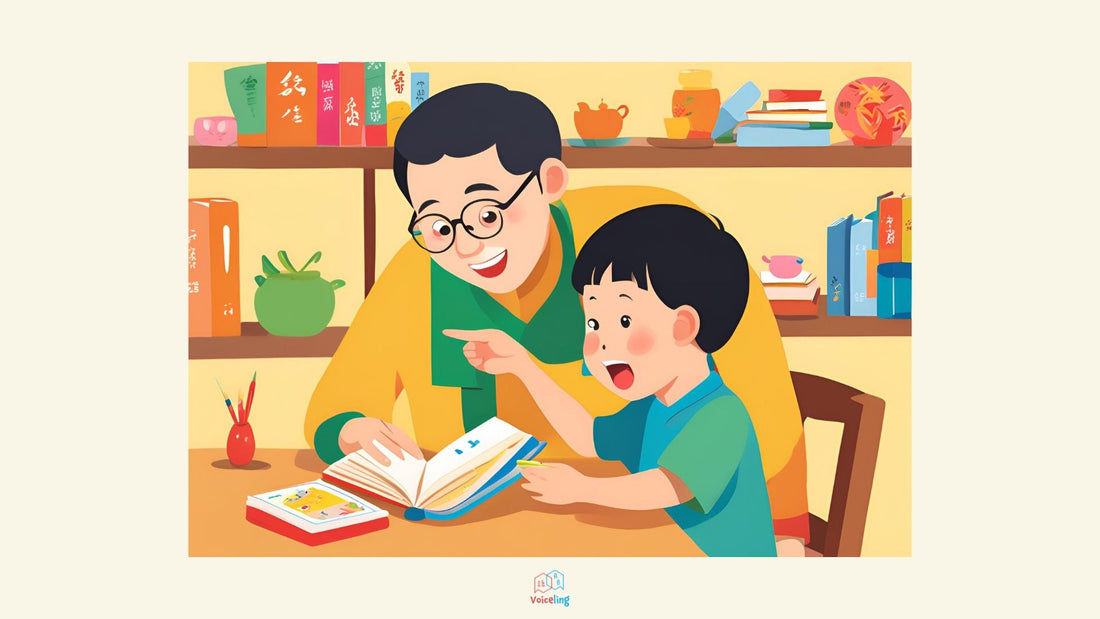
Why Teach Your Kids Cantonese Instead of Mandarin?
Share
Cantonese is useless. If I’m going to put any effort into teaching my children another language, surely it should be Mandarin?
If you’re a Cantonese speaker living abroad, this is undoubtedly a question you’ve asked yourself. Let’s face it: Cantonese has limited utility in the corporate world. Meanwhile, Mandarin, the official national language of China since the early 20th century, is the second most spoken language in the world. So why would you teach your children a “dialect” that seems to pale in comparison?
Here are four reasons to consider.
1. It’s a part of their identity
The value of a language extends far beyond its practical use in daily life. Language is a gateway to culture, history, and heritage. For families living away from their cultural roots, spoken and written language becomes the easiest way to preserve that identity. Without it, people often feel disconnected from their heritage.
Everyone I know who comes from a bilingual family but grew up monolingual regrets not being able to speak their heritage language. They often feel estranged from their cultural background. Imagine your children growing up without understanding Stephen Chow’s humour or appreciating Eason Chan’s music—it’s just not the same.
2. It’s a part of YOU
Language is deeply tied to our emotions and the way we express ourselves. When you pass on a language you are closely connected to, you’re also passing on a piece of yourself—your mannerisms, life experiences, culture, and values.
Cantonese, with its vibrant expressions and colourful slang, adds depth and richness to communication. Let’s be honest: you simply can’t express disappointment in Mandarin with the same flair as in Cantonese!
3. The cognitive benefits of bilingualism apply, no matter the language
Society may impose a hierarchy of languages, but the human brain doesn’t. The cognitive benefits of bilingualism—greater empathy, creativity, and problem-solving skills—are universal. These benefits apply no matter which second language a child learns, provided they achieve proficiency.
4. You will actually stick with it
Learning and maintaining a second language, however, is no small feat. It requires consistent effort and dedication. If you teach your children a language that resonates with you personally, you’re far more likely to stay committed and persevere, even when it gets challenging. This dramatically increases the likelihood of your children becoming proficient bilinguals.
So, why teach your kids Cantonese instead of Mandarin? Because it’s not just about practicality or popularity. It’s about identity, heritage, and emotional connection. It’s about giving them the gift of belonging—to their culture, their family, and to you.
It is not easy to find resources for minority languages that are deemed less ‘prestigious.’ This is why we have set out to help families in the UK preserve their language and heritage for the next generation. Head over to our shop to check out our collections. If you feel your language is underrepresented, write to us at hello@voiceling.co.uk. We are on a mission to keep these more niche languages alive and pass them on for generations to come.
